
At this time of year, thousands of young college graduates toss their mortarboards aloft and celebrate the end of their studies. They deserve the opportunity to feel a sense of accomplishment and revel in their rewards. I hope they don’t pause too long, however, as their education has only begun.
Early in my governance training, I looked ahead at the course calendar for the remainder of the program. The first module shined a bright spotlight on the risk that I had unknowingly accepted as a director. Fortunately, the subsequent modules would illustrate ways to mitigate that risk. Suddenly, I was in a hurry! What began as a nice-to-have professional development effort quickly became imperative.
Since that day, I have spoken with nearly 100 corporate directors about their experiences with various director education programs. Some chose to invest time and money in longer courses that lead to a professional designation. Others sought one-day immersions in a specific topic. Whatever your area of interest, there is a program for you that can help you land a board seat and perform well once in it.
My research suggests that there are five key things to consider when evaluating a director education program.
Brand and reputation
Canada is fortunate to have two world-class director education institutes: The Directors College (associated with McMaster University) and the Institute for Corporate Directors (aligned with the Rotman School at the University of Toronto). The schools offer short courses focused on specific topics, along with a longer-term approach that leads to a professional designation.
Both programs are well regarded across Canada, although the Toronto business community generally favours the ICD. If you are seeking a Toronto-based board, the nominations committee is more likely to consist of ICD alums than those from The Directors College.
In the US, Stanford University has its own Directors’ College. This annual conference illustrates foundational governance principles and dives deep into current issues facing boards. Further east, the Kellogg School of Management, Harvard Business School and The Wharton School all offer a variety of multi-day programs. Regardless of your geography, a program’s reputation for quality training and alumni is critical.
Network
Although well-regarded programs tend to attract a strong network of fellow students, the format of the program determines the degree of exposure you’ll enjoy to your classmates.
For example, the ICD groups approximately 30 students into a cohort that completes all four modules together. Students get to know their classmates very well over the year-long program.
In contrast, The Directors College allows students to schedule modules at their own pace. Each of my experiences there introduced me to new people, with just a few familiar faces in each class. As a result, I built a larger network than I would via ICD, but I had to work a little harder to really get to know people.
Choosing the right program for you is a matter of preference. Do you want to meet a long list of future colleagues or build strong ties within a smaller group?
Emphasis on hard versus soft skills
I know several CEOs who bristle at the mention of director education programs. The “ICD Effect” refers to directors’ extreme concern about the threat of shareholder lawsuits. I’ve seen more than one management team resent the accusatory nature of a board’s questions.
Former CEO and seasoned board chair Gwyn Morgan empathizes, observing that too often training focuses purely on processes and ignores what he calls “the culture of ethical values”. Furthermore, he sees a need for training in the behaviours of good directors:
“I think director education should spend more time on culture, values, implementation and monitoring for directors. How to respond to crises is not something I’ve ever seen in director education. It’s not just what’s happening to you, it’s how you respond to what’s happening to you.”
From a learning style perspective, the ICD Director Education Program consists of four modules focused primarily on governance theory, coupled with illustrative cases. The Directors College adds a fifth module to this foundation, with a 2-day board and committee meeting simulation. There is huge learning potential in this hands-on experience, especially if you take risks you wouldn’t in with a real board.
Your personality and preferred learning style
Some director education programs keep you occupied during daylight hours, but return you to the comforts of home at night. Residential and conference-style training programs are happy to engage participants into the wee hours of the morning, with social gatherings, speakers and even governance-inspired musical theatre.
Introverts may learn more effectively when given predictable breaks and quiet evenings. Training that lasts just one or two days may also be appealing for those who value quiet. Because I attended Directors College close to home, I retreated to my family whenever possible, simply to recharge my batteries.
Given that you have your pick from a range of quality programs, which will align best with your personal style?
Program length, logistics and cost
Not surprisingly, director education is expensive. (Being found negligent in court will likely cost more, however.)
At the aforementioned schools, short courses typically run about C$1,200 per day of training. Programs that lead to a professional designation can exceed C$22,000, with multiple modules spanning 12 to 18 months. Travel expenses and time away from work can add up quickly.
Many boards, even those governing non-profits, will fund a portion of director education costs. It is worth checking on your board’s training sponsorship policy.
When choosing the right program for you, it pays to consider your end-game. Are you looking for the hard content and initials after your name? Are you looking to grow as a collaborative problem solver, fuelled by an in-class feedback loop? What role might the alumni network play as you build your board career?
Considering these questions in advance will help make your director education pay off now and into the future.
Question: What are you looking for in director education? What strengths do you want to build through formal training?
To receive my posts in your inbox each Monday, I invite you to subscribe. I will always keep your information safe.










